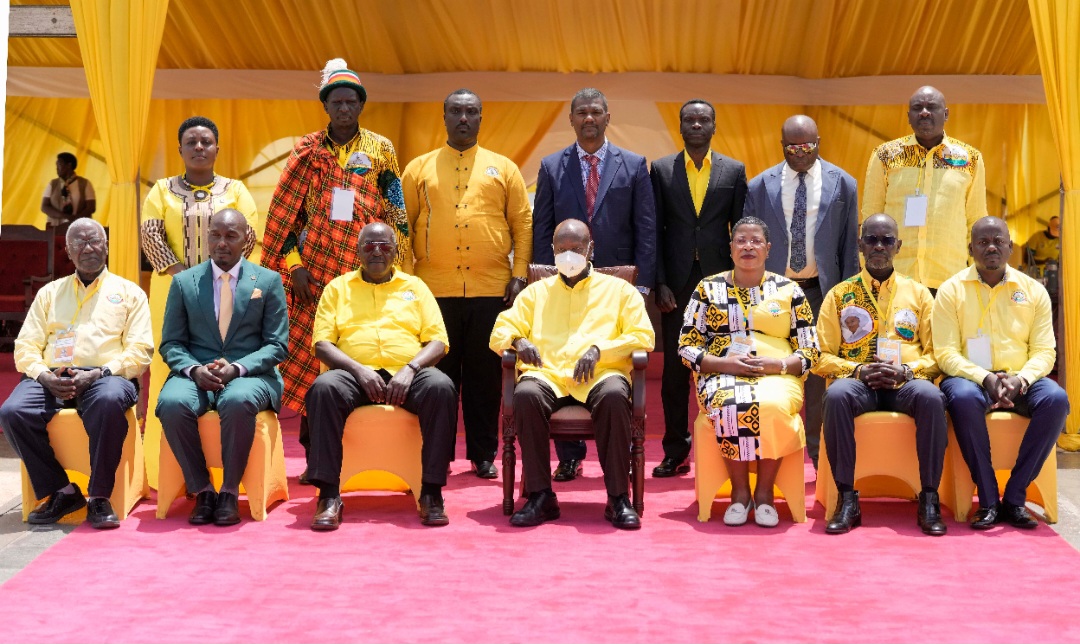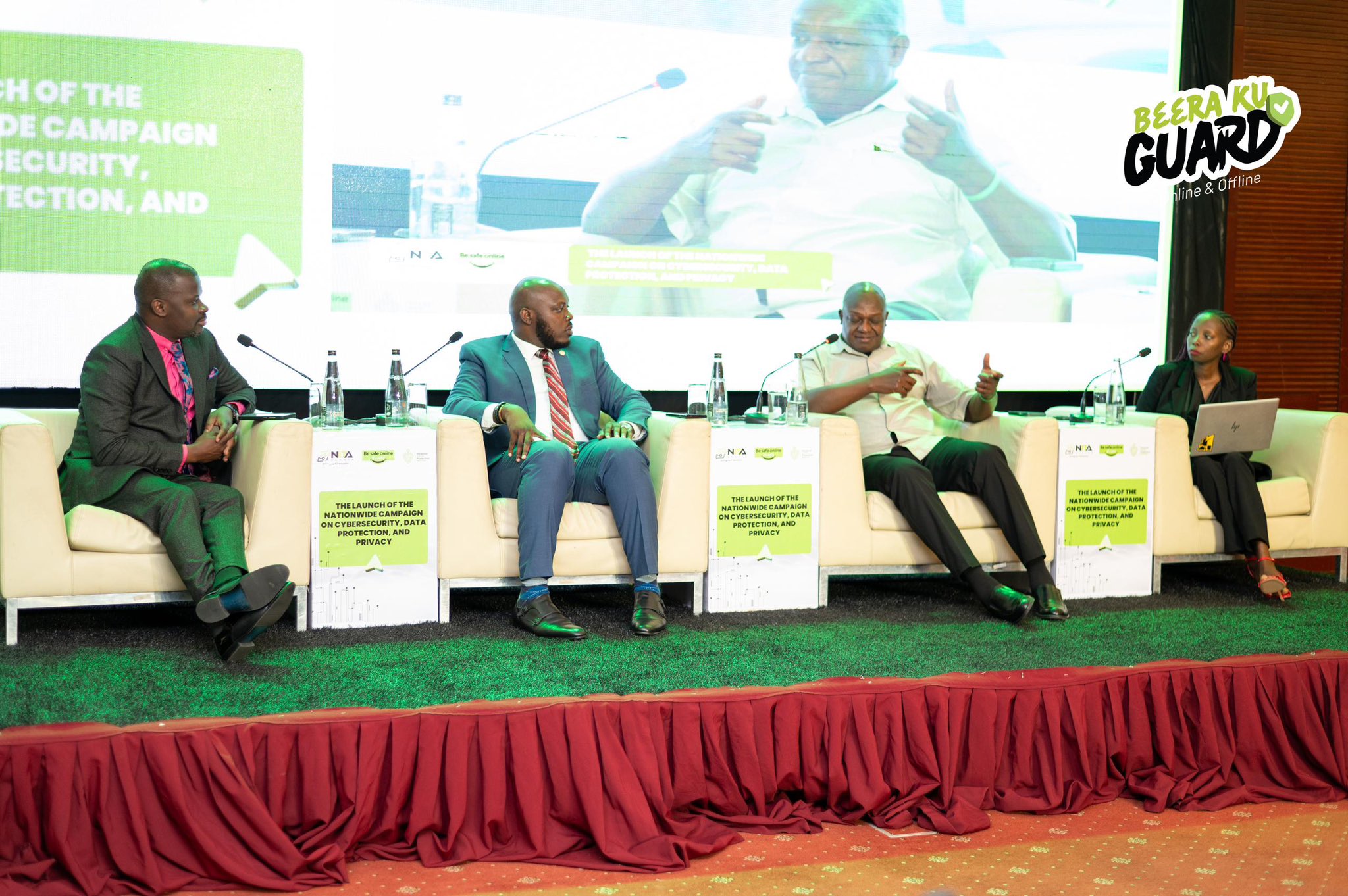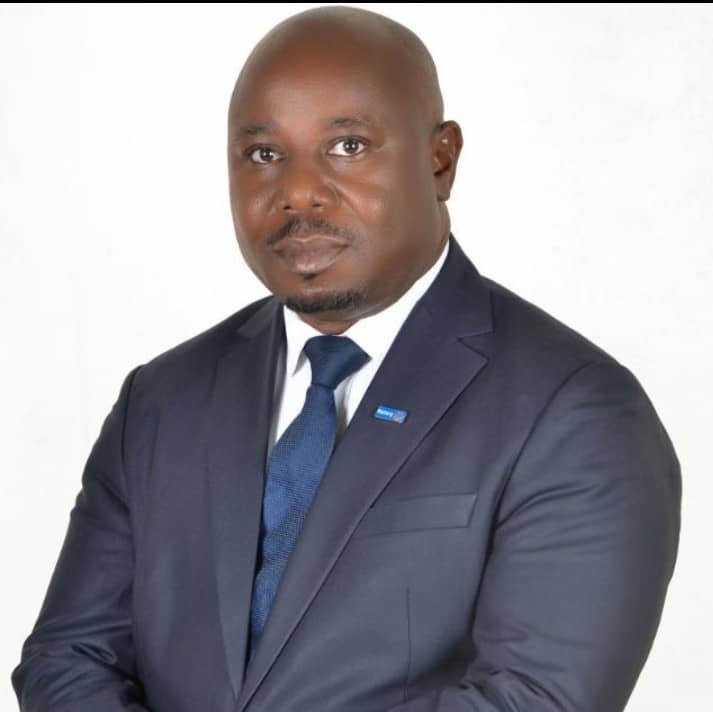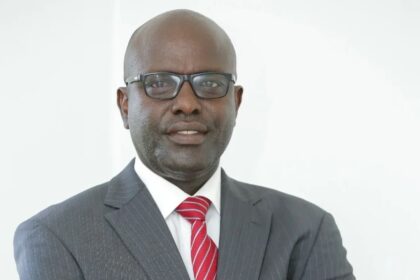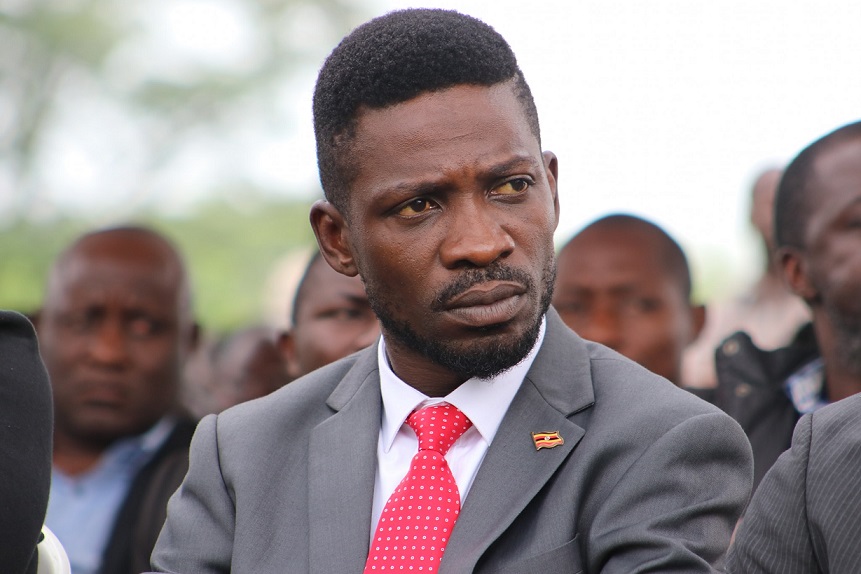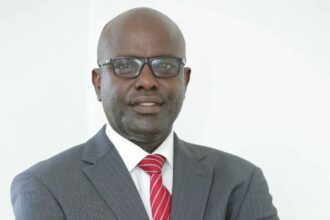The elections to fill slots in the Central Executive Committee (CEC) of NRM are very much concluded, save for some slots in youth league where some misunderstandings arose and the voting was shelved. By the time of penning this article, matters were yet to be resolved but I am confident that a reasonable resolution to the issues will be attained after the Elections Tribunal has reviewed the process. Let’s be calm while awaiting the decision!
Elections for the top seats of the Entrepreneurs League had also been called off, again, to resolve some anomalies. Over the weekend, the candidates agreed, following dialogue overseen by the NRM National Chairman, President Yoweri Museveni and facilitated by Deputy Speaker, Thomas Tayebwa, to back Al Hajji Hassan Basajjabalaba as the leader of the league for the next five years. This was a happy outcome that put to rest one of the toughest races with potential to cause serious fallout in the party if not handled maturely.
For the new CEC members-including those due for nomination by the National Chairman, the countdown on their service begins.
First, the winners shouldn’t think of taking revenge on their opponents and those who didn’t support them because elections were not designed to stir up enmity. Rather, elections are a formula for identifying leaders to serve a season. Why then cause divisions, moreover among members of the same political family?
NRM should constitute a standing committee of eminent and objective persons to promote dialogue and reconciliation in the party at all times. Working with the secretariat and party electoral commission, the same committee would play a supplementary role in civic education to sensitise members on the party culture (of tolerance) in and outside of elections.
NRM owes a good example to opposition groups on conducting nontoxic and satisfying internal party elections, but also the general populace on building a sound democratic field of play. Anything that did not go well in the primaries is regrettable, a learning experience for the future. In general, it’s better to have elections with a few mistakes than denying Ugandans free space to exercise their democratic rights and responsibilities.
It has been noted that a lot of propaganda was generated around the elections by opposition groups whose objective was to dent NRM’s democratic credentials. They were behind viral clips that misrepresented goings-on at Kololo and exaggerating the gravity of incidents registered. This is interference in the party’s activities and should be condemned accordingly, with the only exception being general commentary on matters of public interest.
By organising regular internal elections and a delegates conference, NRM is showcasing its commitment to democratic principles and practices, allowing airing of activities on public media for transparency and involvement of the masses. This is a record in Uganda’s history and contemporary politics. No other party allows such scrutiny. Many had elections to fill top organs behind closed doors.
Due to the difference in approach to in-house elections, NRM has a much deserved upper edge into the 2026 general elections.
Elections are about numbers and only NRM has those numbers representative of all regions of Uganda. NRM’s flagbearers for competitive national positions are sure to win because of the strong party base backing them. President Yoweri Museveni, who was unopposed as the National Chairman and flagbearer, cruises into the campaigns with his traditional support base intact, and expanding, thanks to a growing bloc of bazzukulu (youths) and a populace that previously looked at elections with apathy due to uncertainty. Progressively, they have come to realize that to side with Team Museveni is to stand for steadiness, inclusiveness, openness, opportunity and chance for all. There is unprecedented confidence about NRM now than ever before.
The political mindset of Ugandans has shifted to a dignified trust in the President as an eternal gift of a cross-generational leader of our times. This trust is delicate and has been cultivated over time, marking the move towards maturity of the great “Fundamental Change” revolution, forty (40) years after it was proclaimed by the same revolutionary icon who has never given up on Ugandans from day one when he had nothing but an intense patriotic spirit and comrades in ragtag wear.
Scripturally, 40 is a significant number. For example, it’s the number of years it took the Israelites to reach the Promised Land from slavery in Egypt, the number of days Jesus fasted and the number of days he spent on earth after resurrection before ascension. It symbolizes periods of transformation, preparation, trial, and the move to fulfillment. Uganda is at the dawn of a new beginning under the auspices of Museveni while protecting the gains registered since 1986. That’s how significant the coming elections are, with the new team at CEC expected to embrace and implement the theme with gusto.
The challenges of eradicating poverty, corruption, complications in service delivery and defeating all backward tendencies that hold the country back call for a new sense of purpose and direction among the newly elected crop of leaders. The same enthusiasm exhibited in seeking the mandate of delegates should be applied in backing the Head-Of-State in fulfilling the terms of the great national agenda. 2030 is not far to give accountability for the people’s trust!
The author is the Special Presidential Assistant-Press & Mobilisation/Deputy Press Secretary
Email: faruk.kirunda@statehouse.go.ug
0776980486/0783990861
Do you have a story in your community or an opinion to share with us: Email us at Submit an Article



